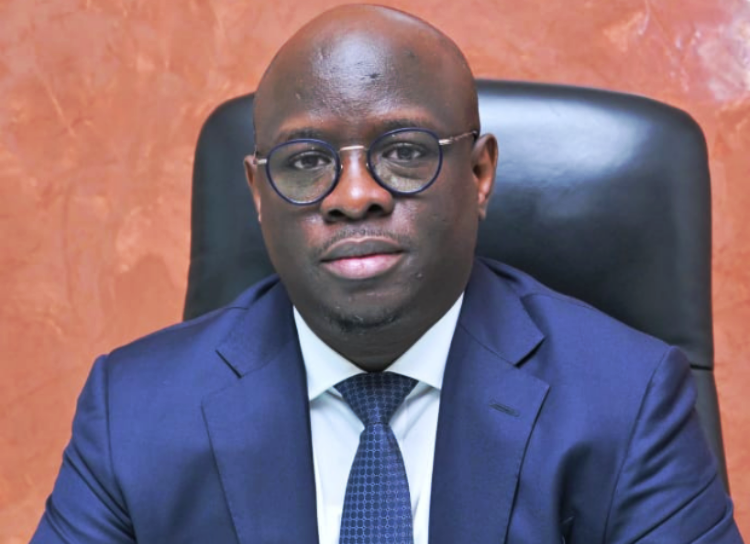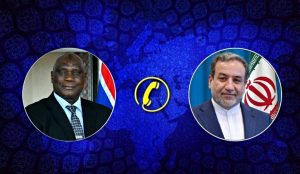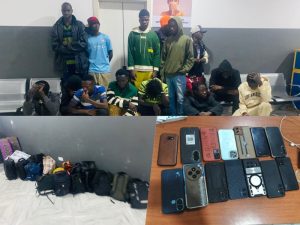Gambiaj.com – (BANJUL, The Gambia) – As public expectations mount, the National Assembly’s Special Select Committee on the sale and disposal of assets linked to former President Yahya Jammeh has concluded a two-day capacity-building training session aimed at preparing members for one of the most consequential parliamentary inquiries in The Gambia’s recent history.
The training, led by legal experts, forensic auditors, and governance specialists, is designed to provide the committee with critical tools to scrutinize the complex processes through which Jammeh-era assets—earmarked for state recovery after being identified as fraudulently acquired—were liquidated.
With public hearings looming, the move signals a determined push by lawmakers to restore credibility to a process long plagued by allegations of mismanagement and opacity.
Hon. Abdoulie Ceesay, Chairperson of the Special Select Committee, described the training as a cornerstone in ensuring that the inquiry proceeds with “integrity, transparency, and professionalism.”
His comments reflect broader concerns that, while the Janneh Commission exposed deep-rooted corruption during Jammeh’s 22-year rule, the state’s subsequent handling of the implicated assets has failed to meet the standards it promised.
The Janneh Commission’s findings included widespread misuse of public resources, illegal acquisition of properties, and the diversion of state funds by Jammeh and his close associates.
Following its recommendations, the government initiated a disposal process targeting luxury vehicles, real estate, and business stakes associated with the former president.
Yet, that process soon drew criticism for its apparent lack of accountability and inconsistent documentation, sparking questions over whether state interests were being undermined anew.
Deputy Clerk for Administration and Finance, Mr. Buba ME Jatta, emphasized the institutional implications of the upcoming inquiry, stating that the probe will enhance the National Assembly’s reputation as a guardian of transparency and good governance. “This is not just about the past,” he noted, “but about reinforcing confidence in democratic oversight today.”
The Committee held its inaugural sitting in May, during which it adopted a strategic work plan setting out its operational framework.
The plan commits the committee to a “transparent, impartial, and evidence-based inquiry” and includes provisions for summoning witnesses from the public, state agencies, and individuals directly involved in the disposal of Jammeh-linked assets.
At the heart of the investigation are concerns that the recovery process—intended to reclaim public wealth looted under Jammeh—may itself have become a vehicle for mismanagement or political manipulation.
The Special Select Committee now faces the delicate task of balancing historical accountability with contemporary institutional responsibility.
The coming public hearings will serve as a litmus test not only for the integrity of the asset recovery process, but for The Gambia’s maturing democracy.
For the victims of kleptocracy and citizens still reeling from the economic scars of the past, the inquiry offers a chance to revisit unfinished justice—and to demand that this time, the recovery is done right.










